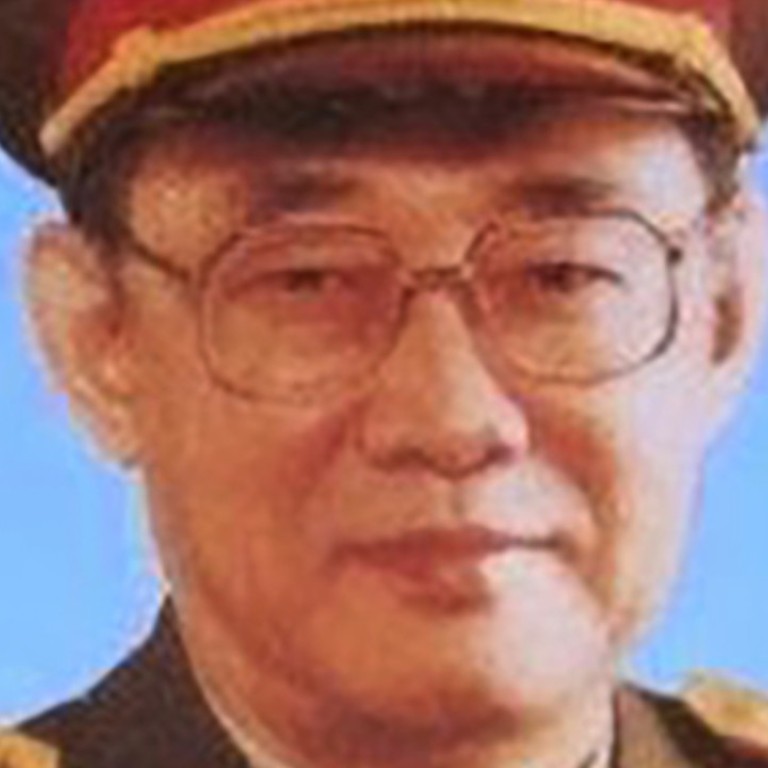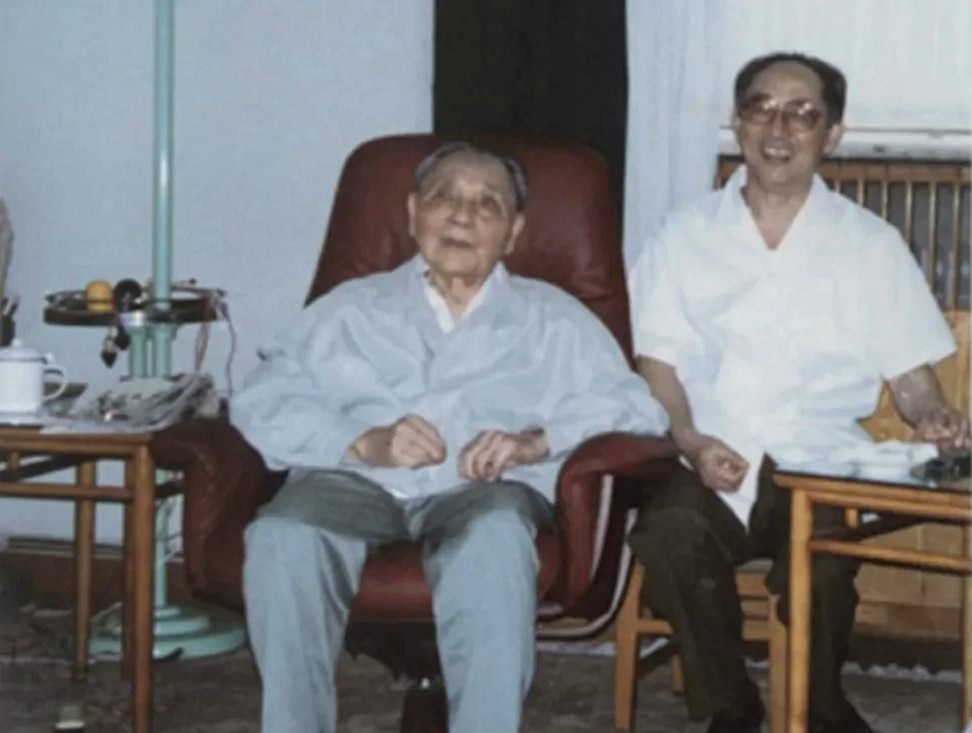
Deng Xiaoping’s top aide in Chinese army, Wang Ruilin, dies aged 88
- Wang worked for China’s paramount leader off and on for decades, and shared his roller-coaster ride through the Cultural Revolution
- Funeral ceremony to be held on Monday in Beijing, sources say
Wang Ruilin, the top military aide to China’s late paramount leader Deng Xiaoping, died on Saturday in Beijing at the age of 88, according to people close to the matter.
“General Wang Ruilin, former deputy head of the People’s Liberation Army’s General Political Department, passed away at the PLA’s General Hospital in Beijing on Saturday morning,” said a source close to the military, adding that a funeral service would be held on Monday at the Babaoshan Revolutionary Cemetery in the Chinese capital.
Several of China’s senior officials are expected to attend the funeral or send wreaths, the person said.
Wang’s death was confirmed by two other sources, one of whom said he had known the once powerful military man personally.
“Wang was Deng’s secretary from before the Cultural Revolution [1966-76],” the person said. “He wielded huge power in Deng’s heyday during the 1980s, when every single senior leader who wanted to see Deng had to go through Wang.”
Even Zhao Ziyang, a former general secretary of China’s ruling Communist Party who was sacked after the Tiananmen Square protests in 1989 and died in 2005 while under house arrest, said in his memoir Prisoner of the State that Wang stopped him from seeing Deng in the days leading up to the June 4 crackdown.
“I was eager to talk with Deng and to gain his support,” he wrote. “I phoned Wang Ruilin asking for a meeting with Deng, but Wang said Deng had not been feeling well lately and he worried that his health problems might make him unable to receive [then Russian leader Mikhail] Gorbachev, which would be a serious matter indeed.
“So he asked that I not report anything to him at that time. To this day, I still believe that what Wang said was the truth; Deng was indeed in bad health then.”
The inside story of the propaganda fightback for Deng Xiaoping’s market reforms in China
A native of east China’s Shandong province, Wang joined the PLA in 1946 at the age of 16, and became Deng’s secretary in the early 1950s, around the time Deng was appointed vice-premier.
But when Deng fell out of favour with Mao Zedong at the start of the Cultural Revolution and lost all of his party and government positions, Wang was implicated, and in August 1967, 10 months after his boss’s downfall, was sent to be re-educated through labour at the May Seventh Cadre School.
Deng’s fortunes fluctuated significantly during the Cultural Revolution and when, in 1973, he was reappointed as vice-premier, Wang resumed his job as his secretary.
Where to now? 40 years after the big economic experiment that changed China
In 1981, Deng took over as chairman of the powerful Central Military Commission and two years later appointed Wang as director of its administrative office.
There has long been a tradition for China’s supreme leaders to appoint only their most trusted aides to head the CMC General Office. The incumbent is Major General Zhong Shaojun, a man regarded as a protégé of President Xi Jinping.
Deng Xiaoping died in 1997 at the age of 92.



